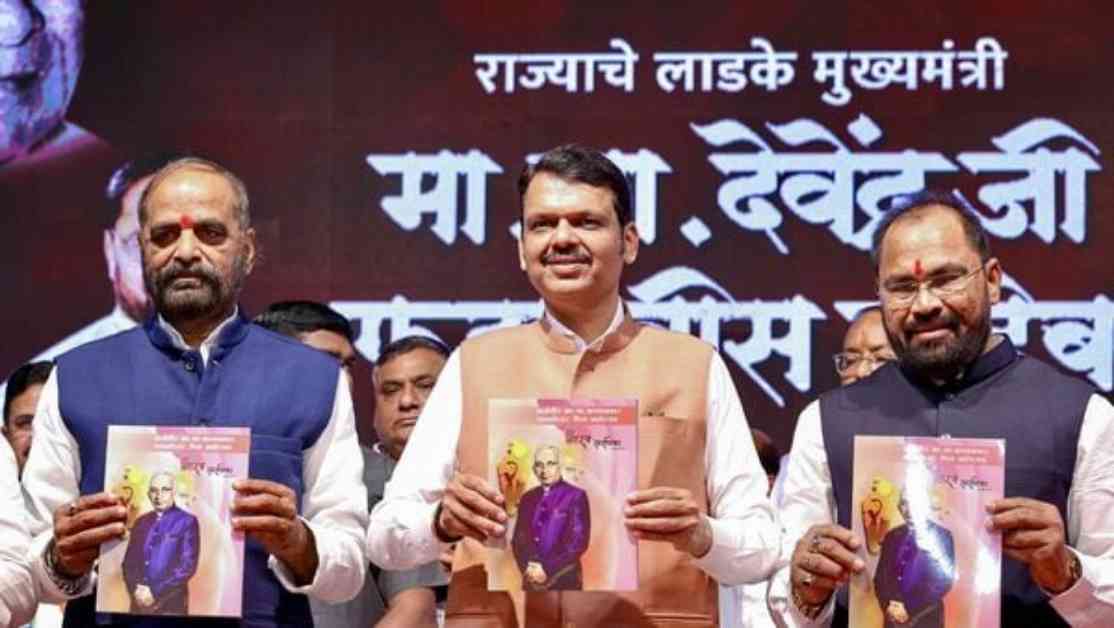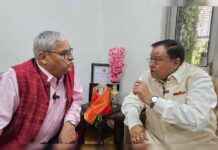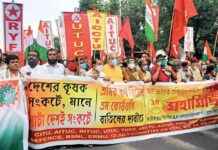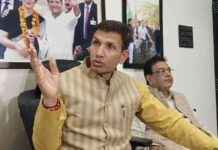Maharashtra CM Devendra Fadnavis Reacts to Sharad Pawar’s Unusual Praise for RSS
Maharashtra Chief Minister Devendra Fadnavis recently responded to Nationalist Congress Party (NCP) chief Sharad Pawar’s surprising statement praising the Rashtriya Swayamsevak Sangh (RSS) for the Bharatiya Janata Party’s (BJP) victory in the Maharashtra Assembly elections. Fadnavis attributed Pawar’s comment to the success of the RSS ideology in countering the ‘fake narrative created by the Maha Vikas Aghadi in the Lok Sabha elections. The RSS, the BJP’s ideological mentor, played a crucial role in bringing national forces together to fight against ‘anarchist forces’ in the Maharashtra elections, Fadnavis said.
Maharashtra Elections: A Strategic Victory
During an award ceremony held in memory of senior RSS leader Vilas Fadnavis in Nagpur, Fadnavis shared insights into the strategic collaboration between the BJP and the RSS. He emphasized the importance of national unity against anarchic elements and praised the RSS Vichar Pariwar for their dedicated efforts in various sectors to combat the prevailing narrative of chaos. Fadnavis acknowledged the pivotal role played by the RSS in reshaping the political landscape and steering the Assembly elections towards a different outcome than the Lok Sabha polls.
Sharad Pawar’s Insightful Acknowledgment
In a recent meeting, Sharad Pawar commended the RSS for its unwavering commitment to its ideology and applauded its disciplined cadre base. Fadnavis, in response, highlighted Pawar’s astuteness in recognizing the RSS’s effective narrative strategy and suggested that Pawar’s praise could be a tactical move to acknowledge the organization’s influence. The CM lauded Pawar’s foresight and intelligence, indicating a nuanced understanding of the political dynamics at play.
Political Uncertainty and Strategic Calculations
Fadnavis cautioned against complacency in politics, emphasizing the unpredictable nature of the field. He stressed the importance of being open to unexpected developments and learning from one’s competitors. Through his remarks, Fadnavis underscored the need for strategic alliances and a deep understanding of the evolving political landscape to navigate the complexities of governance effectively.
As we delve into the intricacies of political maneuvering and ideological influences, one cannot help but marvel at the nuanced interplay between power dynamics and strategic calculations. The symbiotic relationship between political leaders and ideological organizations shapes the narrative of governance, underscoring the intricate web of alliances and rivalries that define the political domain. In a realm where uncertainty reigns supreme, adaptability and foresight emerge as essential tools for survival and success. The unfolding drama of Maharashtra’s political landscape serves as a testament to the fluidity of power dynamics and the enduring legacy of ideological affiliations in shaping the course of history.


























